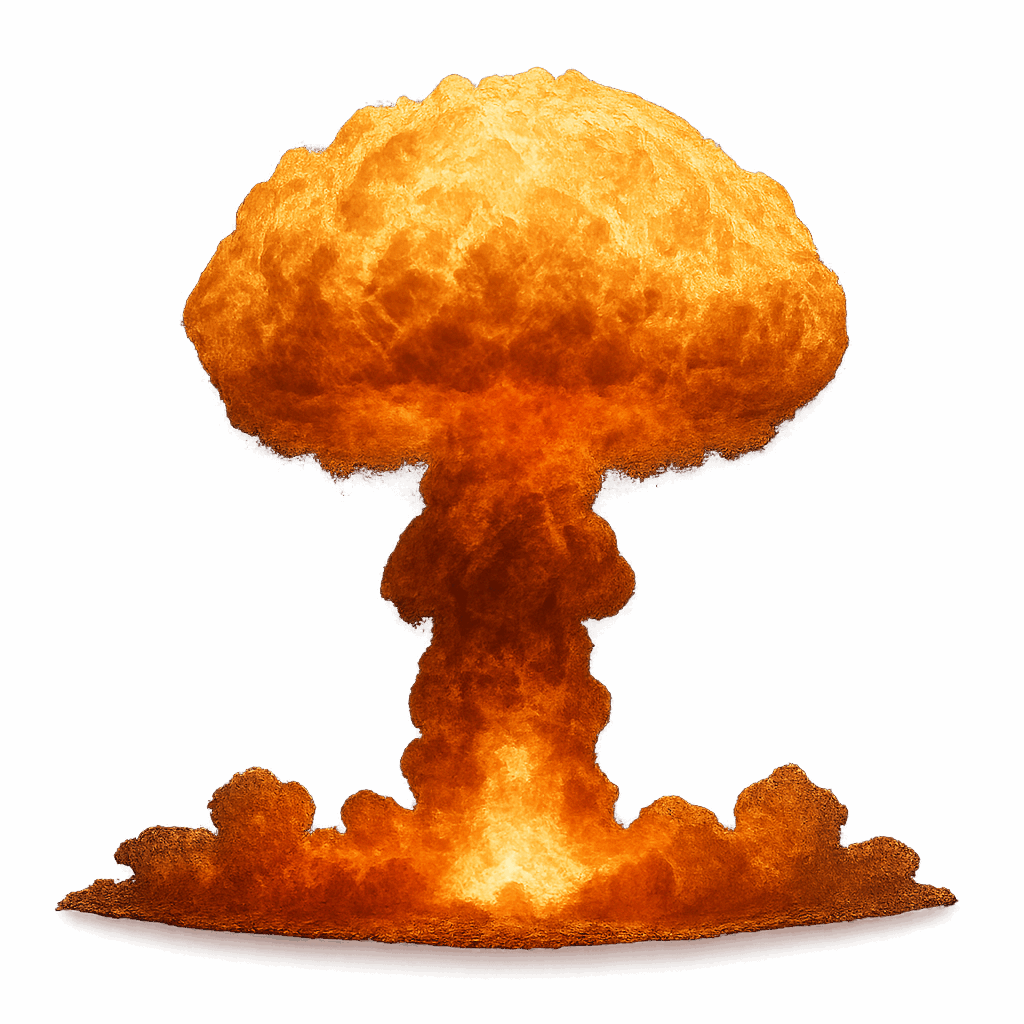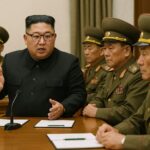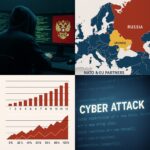August 4, 2025 — Washington, D.C.
In a stunning series of off-the-cuff remarks and follow-up social media posts, President Donald J. Trump has publicly cast doubt on the existence and functionality of Russia’s legendary “Dead Hand” nuclear retaliation system—going so far as to suggest he would “love to test it” now that Trump is back in office. The statements have sparked alarm among global security experts and drawn condemnation from U.S. defense officials and former diplomats.
“I Don’t Believe It Exists”
Speaking during a speech in Phoenix, Arizona, recently, Trump veered off script to talk about his relationship with Russian President Vladimir Putin. “Putin always talks tough about that so-called ‘Dead Hand’ system. The one that launches nukes even if everyone in Russia is gone,” Trump said. “I never believed it. I said, ‘Vlad, I think it’s a bluff. I think you’re bluffing, like poker.’”
Then, Trump added provocatively: “Frankly, I’ve told our guys: let’s push him—see if it even works. Let’s see if the thing wakes up. I bet it’s junk. Soviet junk.”
The crowd roared with laughter, but intelligence analysts were not amused.
What Is the “Dead Hand”?
Officially known as “Perimeter,” the so-called “Dead Hand” system was developed by the Soviet Union during the Cold War. It is reputed to be a semi-automated nuclear command-and-control mechanism designed to ensure a retaliatory strike even if Russia’s leadership is destroyed in a first-strike scenario.
While some aspects of the system remain classified, declassified intelligence and Russian military sources have confirmed its continued existence and occasional modernization. If a nuclear attack is detected and command channels are silent, the system is said to autonomously launch retaliatory strikes against pre-set targets using mobile command missiles and an array of sensors measuring seismic activity, radiation, and military communications silence.
Global Fallout from Trump’s Remarks
Former National Security Adviser Joanna McBride, of the Biden administration, called Trump’s remarks “reckless, destabilizing, and deeply harmful to U.S. national security.” She added, “Suggesting the deliberate provocation of a Russian nuclear response system—even hypothetically—is beyond irresponsible. It’s dangerous.”
Former NATO Supreme Allied Commander Gen. Curtis Walters (Ret.) told Defense Weekly: “There’s no military doctrine in any sane country where you test your enemy’s doomsday switch just to prove a point.”
Russia’s Ministry of Foreign Affairs responded with a brief but pointed statement: “The capabilities of the Russian Federation are not subject to validation by foreign leaders’ curiosity. Any attempt to ‘test’ our deterrence would result in swift and total consequences.”
Analysts Warn of Strategic Consequences
Experts fear Trump’s comments could be used by hardliners within Russia to justify further nuclear posturing or modernization. Some analysts even warn of an uptick in military readiness or covert deployments.
“Trump’s statement gives Russian hawks a propaganda win. They’ll say: ‘Look, the Americans are toying with Armageddon. We must be ready,’” said Dr. Marina Yusupova, a former Kremlin analyst now at Georgetown University.
Meanwhile, nuclear security watchdog groups called for renewed international engagement to de-escalate tensions. “This is precisely why nuclear command-and-control systems should be subject to more transparency, verification, and confidence-building measures,” said William Hargrove, former Director of the Arms Control Initiative.
Trump Doubles Down
Unmoved by the criticism, Trump took to Truth Social Sunday morning, posting:
“They say I shouldn’t test the Dead Hand. Well maybe it’s time someone calls Putin’s bluff. You can’t have peace through weakness!! #TestIt #DeadHandFakeNews”
The post immediately trended under hashtags like #ArmageddonTrump and #DeadHandChallenge.
A Dangerous Escalation of Rhetoric
As Trump holds the Presidency, his statements carry alarm among global audiences and domestic supporters. As the 2026 midterms approach, his influence on the Republican Party—and potentially a currently unconstitutional return bid for the presidency—remains a live wire.
But when it comes to nuclear diplomacy, analysts agree: rhetoric matters. Bluffing about doomsday mechanisms has historically led to misunderstandings with catastrophic potential.
“This isn’t poker,” said Gen. Walters. “You don’t call a bluff with nukes.”
“Bring it on,” President Trump reportedly responded.





